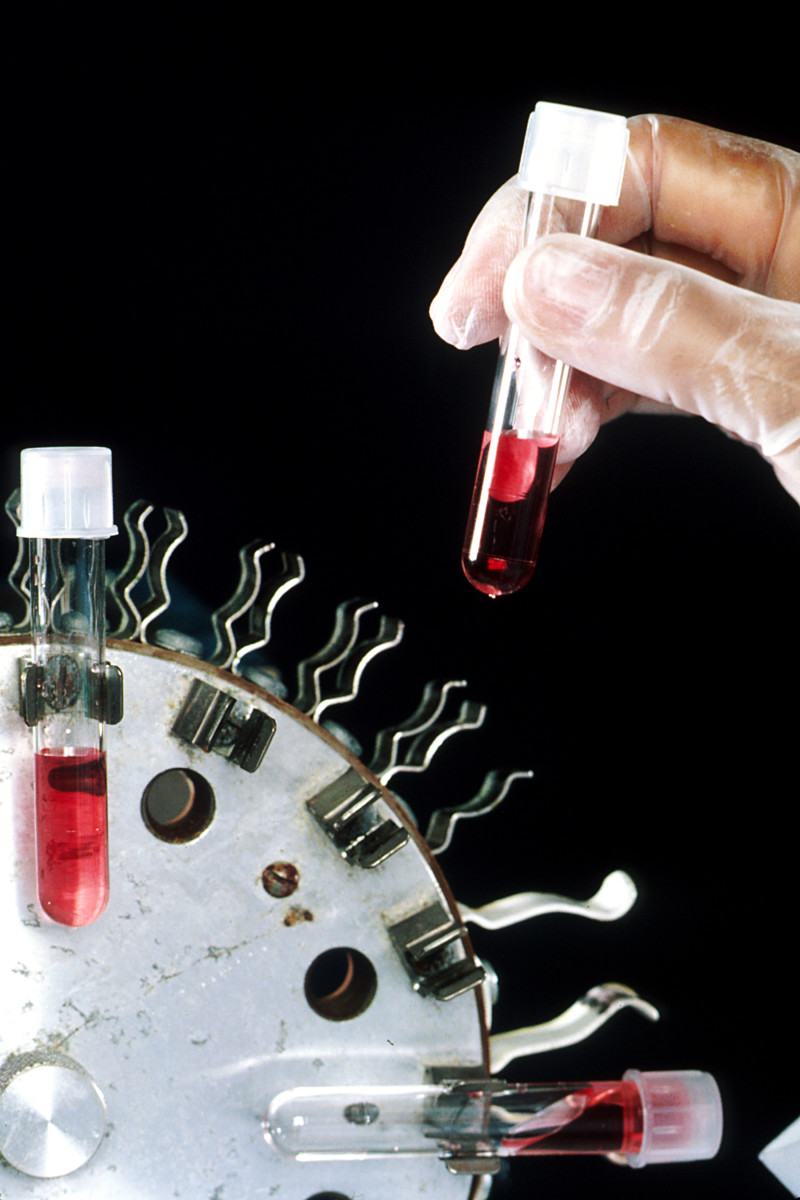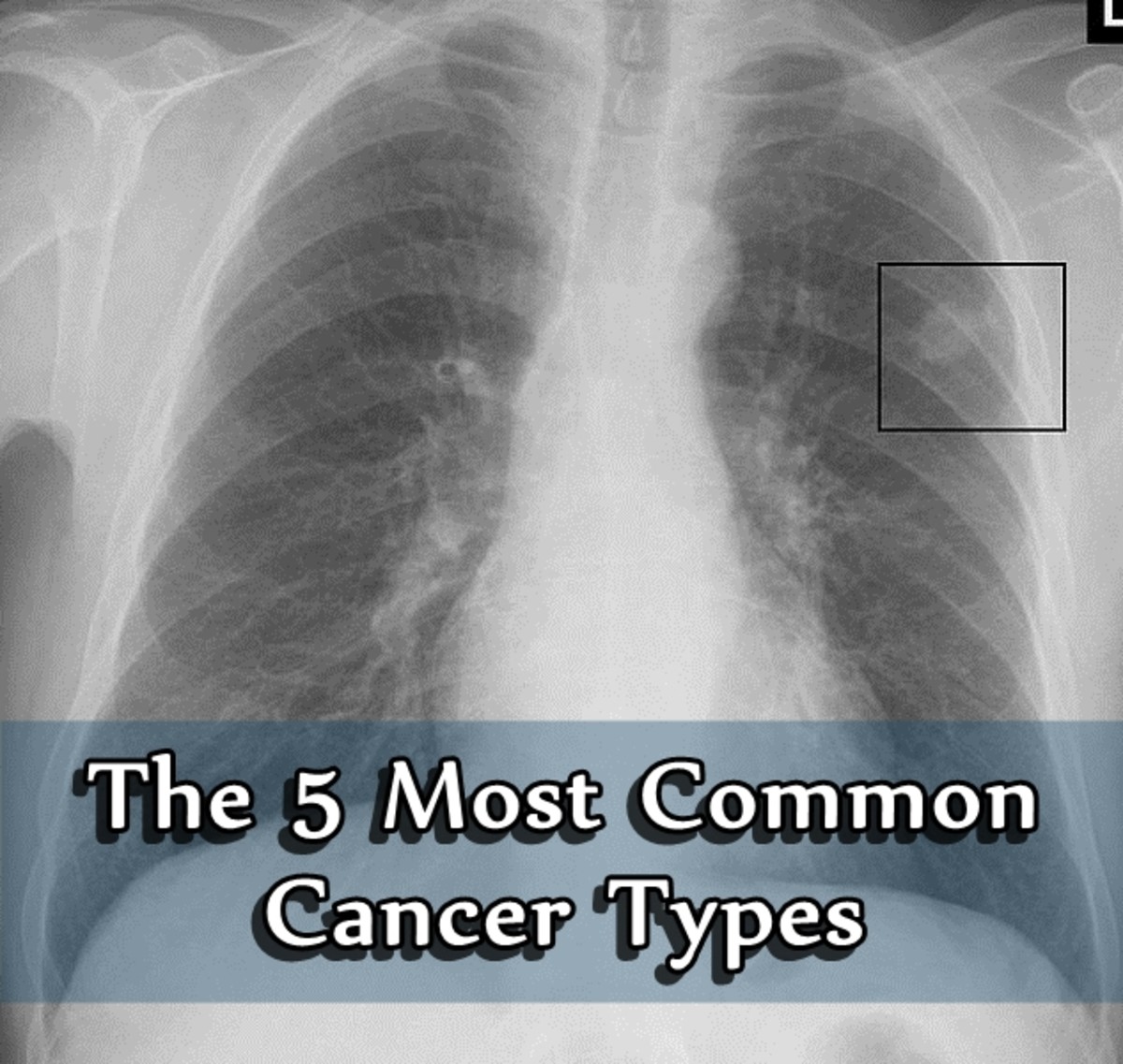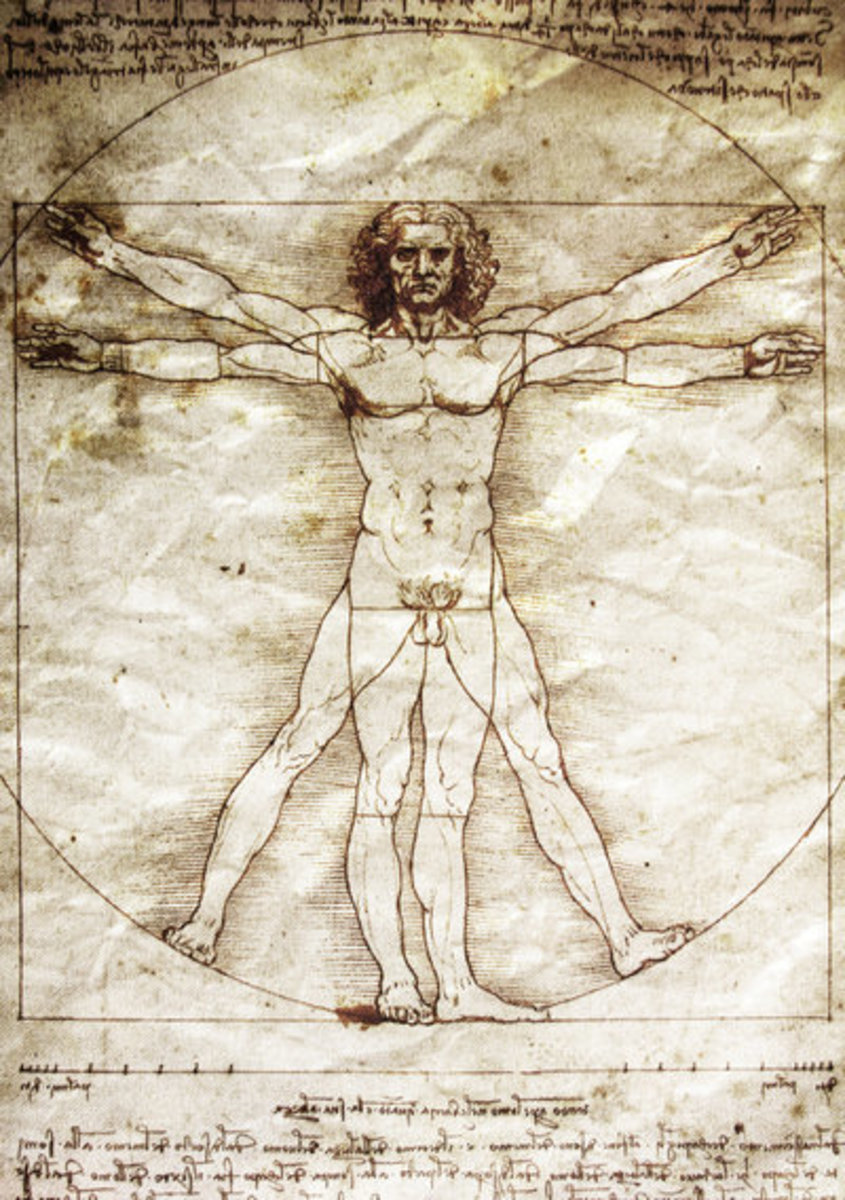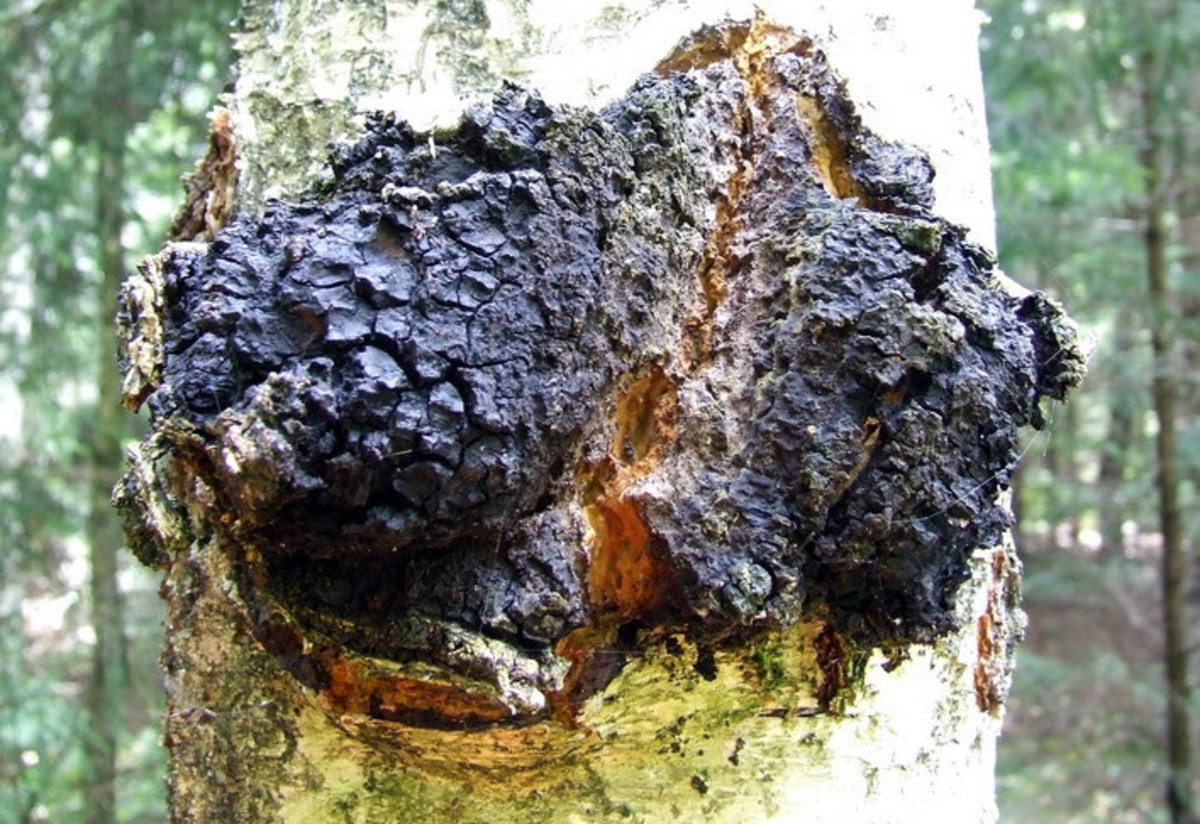What You Need to Know About Prostate Cancer
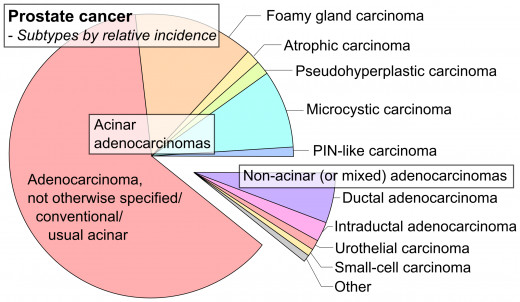
Prostate Cancer Statistics
Prostate cancer in men is common and second only to skin cancer. In the U.S. this year it is expected that 191,930 men will be diagnosed with prostate cancer.
At this time there are 3.1 million men living in the U.S. with this disease. Men are typically over age 65 when they are diagnosed, and the cancer is very rare in men under age 40. Black men have a 60% higher risk of prostate cancer than white men.
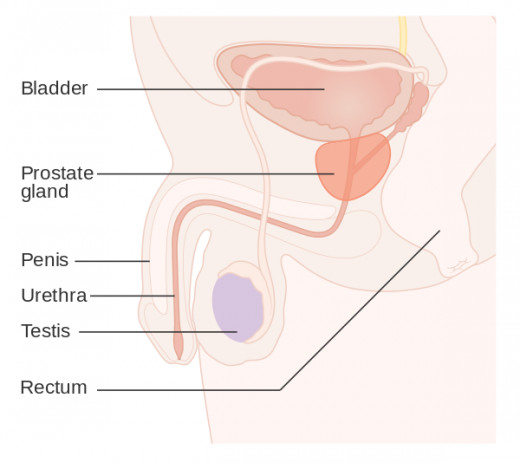
Detection of Prostate Cancer
There are not many early signs of this cancer. There five signs that could mean prostate cancer and they include:
- Frequent urination, especially during the night
- Painful or burning sensation with urination or ejaculation
- Blood in the urine or semen
- Hard to stop or start urination
- Sudden erectile dysfunction
Testing men who have no symptoms is controversial as medical organizations do not agree on testing. Some doctors believe in early screening since this cancer has so few symptoms, particularly if their father had prostate cancer. There are medications, like Darifenacin, that can be prescribed for men that wake up more than twice during the night to urinate.
A screening for prostate cancer might include:
- Digital rectal exam (DRE) - A doctor inserts his gloved, lubricated finger into your rectum to examine your prostate gland.nd
- Prostate-specific antigen (PSA) - a blood sample is used to analyze it for PSA, which is a substance that is not naturally produced by the prostate gland. Your blood will normally have PSA but not a higher than normal amount. An elevated PSA will probably mean further testing to see if you have cancer.
- Further testing will include various scans, including: an MRI, CAT, PET and bone scan. An ultrasound that uses sound waves to create a picture of the prostate may also be used. Prostate tissue may also be collected using a thin needle to collect prostate tissue for the lab.
In addition, Mayo Clinic was the first medical facility in the U.S. that is approved by the FDA to use C-11 choline PET scanning that detects recurrent prostate cancer at early stages. Other tests are not able to detect cancer cells at this early state. Next, the cancer aggressiveness of the cancer cells is determined by a laboratory.
Prostate Cancer: Signs & Symptoms
Grading Prostate Cancer Cells
There are several scales used for evaluating prostate cancer cells but the Gleason score is the most common one. Two numbers are combined and they can range from 2 (a nonaggressive cancer) to 10 (a very aggressive cancer). The most common numbers seen with cancer cells ranges from 6-10 with 6 being a low-grade prostate cancer and a 7 indicating a medium-grade prostate cancer cell. Cancer cell screening is used to describe how far the cancer has spread.
Other cancer staging systems include:
- AJCC (American Joint Committee on Cancer) TNM system
- D’Amico
- Partin table
- Kattan nomograms
- UCSF Cancer of the Prostate Risk Assessment (CAPRA)
- TBN system
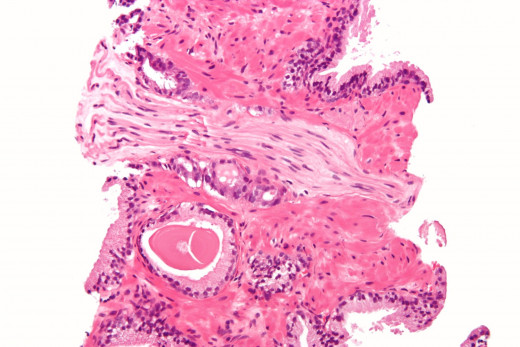
Prostate Cancer Treatments
Stage 4 prostate cancer has already metastasized so there is no cure for this stage. The treatment for stage 4 is to stop the supply of hormones (testosterone) that will usually cause the cancer cells to shrink or at least slow its growth.
There are medications known as a luteinizing hormone-releasing hormone (LH-RH) agonists and antagonists that prevent the testicles from receiving the message to make testosterone. The drugs include leuprolide (Eligard, Lupron Depot, and others), triptorelin (Trelstar), degarelix (Firmagon), histrelin (Vantas) and goserelin (Zoladex).
Other medications that block testosterone from reaching the cancer cells are called anti-androgens. These medications include bicalutamide (Casodex). flutamide and nilutamide (Nilandron). One of these medications may be given with a LH-RH agonist or it may be given before the LH-RH is given.
When hormone therapy stops working an anti-androgen drug may be an option, which includes enzalutamide (Xtandi) and apalutamide (Erleada).
Other possible medications that may be used to control testosterone levels include abiraterone (Yonsa, Zytiga), ketoconazole (antifungal medication), estrogen (the female hormone) and steroid drugs.
Radiation therapy is another option. It uses high-powered beams of energy (X-rays and protons) to kill cancer cells. It may help with the bone pain.
Surgical treatment may be used to remove the testicles as it reduces testosterone levels. However, surgery is typically used only for those men who are experiencing signs and symptoms of their cancer, such as difficulty in passing their urine. Surgery is also used for cancer that has grown beyond the edges of the prostate. Lymph nodes near the prostate may be removed and tested for cancer cells.
Chemotherapy may also be prescribed to slow the growth of cancer cells to prolong the life of men with prostate cancer. The immune system may be trained to recognize cells using immunotherapy. Sipuleucel-T (Provenge) is a form of immunotherapy specifically developed to genetically engineer your immune system to fight prostate cancer.
Bone thinning is a result of the treatment for prostate cancer that causes the damage to the bones, so medications can treat this thinning. If the prostate cancer has spread to the bones than a radioactive medication may be used, such as samarium-153 (Quadramet), Strontium-89 (Metastron) or radium-223 (Xofigo) may be used as they target the fast-growing prostate cancer cells in the bones, and they may relieve bone pain.
If you are experiencing pain there are pain medications and treatments available.
There are possible side effects to the hormone therapy that include:
- Hot flashes
- Reduced sex drive
- Loss of bone mass
- Breast enlargement
- Weight gain
Foods That Help Prevent Prostate Cancer
There are some foods that have been shown through research that help prevent prostate cancer, which include:
- Tomatoes (contains lycopene)
- Broccoli
- Green Tea
- Legumes and soybeans
- Pomegranate juice
- Fish
Hormone Therapy for High-Risk Prostate Cancer
In Conclusion
Prostate cancer is a fairly common cancer among men once they reach their mid-sixties. Most men live at least 5 years after their diagnosis. There are not many signs or symptoms in the early stages of this disease. There are treatments that typically lower the testosterone level, which kills the prostate cancer cells.
Prostate Cancer
Did you know anything about prostate cancer before reading this article?
References
- https://www.mayoclinic.org/diseases-conditions/prostate-cancer/diagnosis-treatment/drc-20353093
- https://moffitt.org/cancers/prostate-cancer/faqs/what-are-the-five-warning-signs-of-prostate-cance/
- https://www.mayoclinic.org/diseases-conditions/stage-4-prostate-cancer/diagnosis-treatment/drc-20377972
- https://www.healthline.com/health/prostate-cancer/foods-to-avoid-for-prostate-health#red-and-processed-meat
This content is accurate and true to the best of the author’s knowledge and does not substitute for diagnosis, prognosis, treatment, prescription, and/or dietary advice from a licensed health professional. Drugs, supplements, and natural remedies may have dangerous side effects. If pregnant or nursing, consult with a qualified provider on an individual basis. Seek immediate help if you are experiencing a medical emergency.
© 2020 Pamela Oglesby

